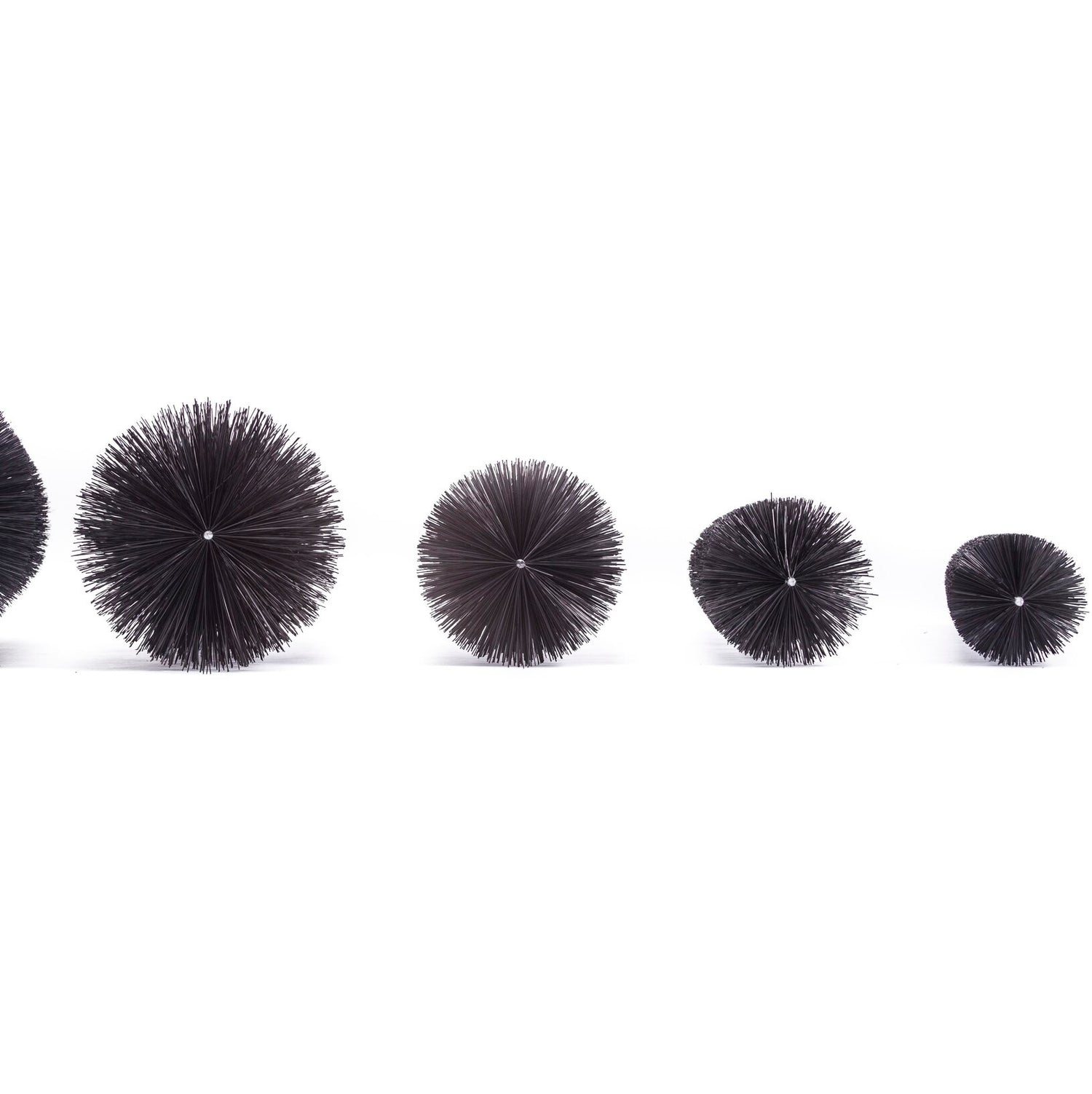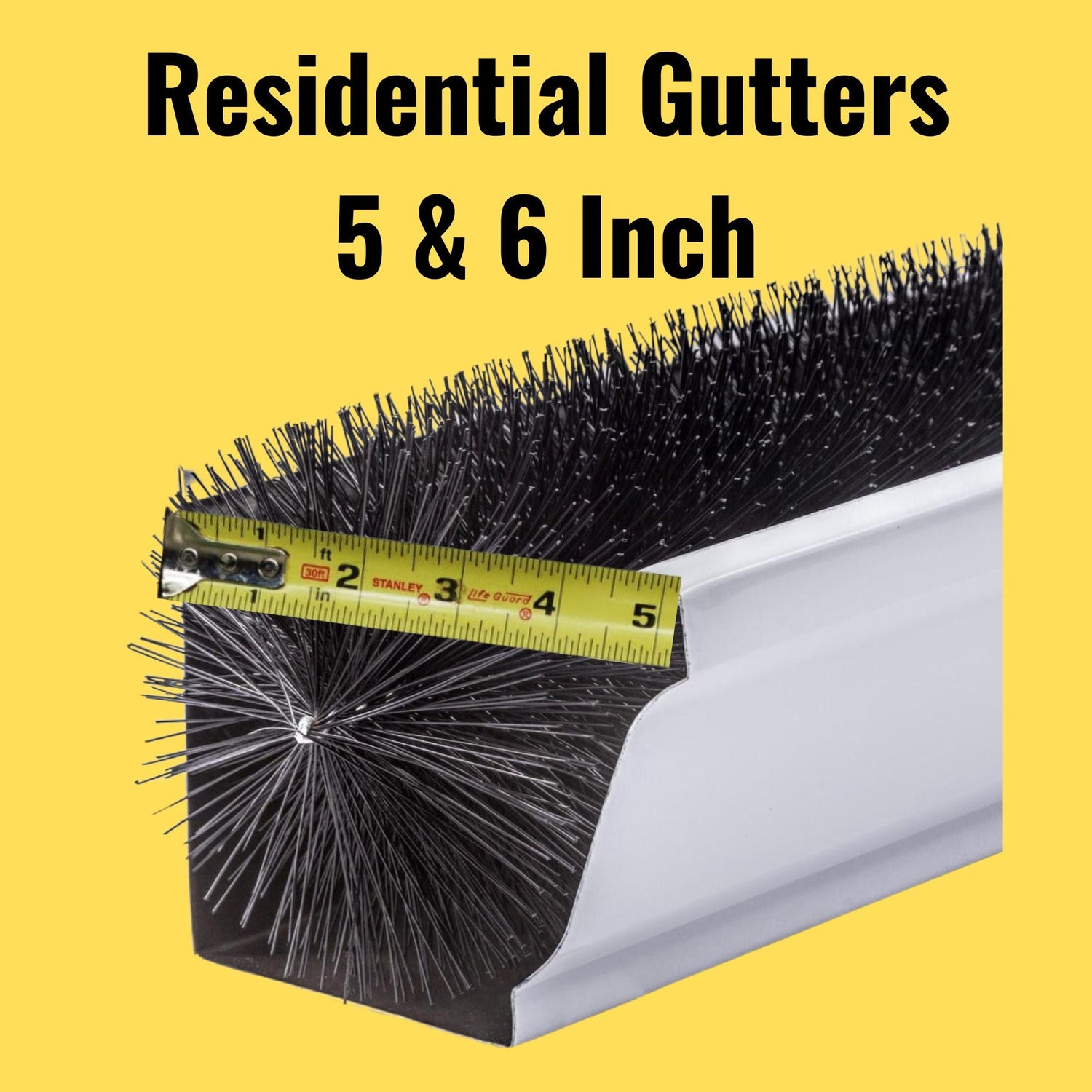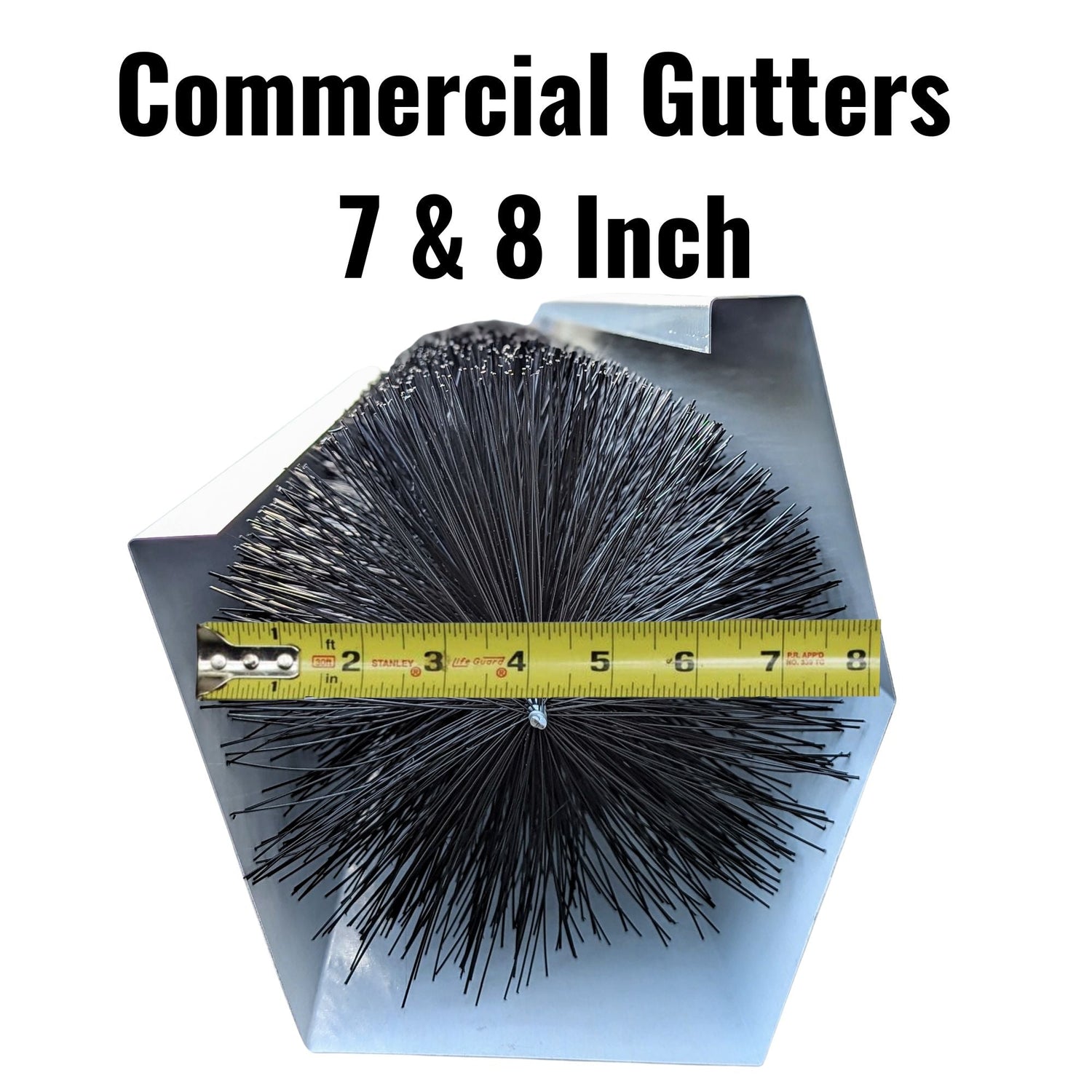Rain gutters play a critical role in protecting your home from water damage by directing rainwater away from the foundation. However, when gutters become clogged with leaves, twigs, and other debris, they can no longer function effectively, leading to a host of potential problems, including water overflow, structural damage, and pest infestations. A high-quality gutter filter can prevent these issues by keeping debris out while allowing water to flow freely. But with so many options available, how do you choose the best rain gutter filter for your home? This guide will provide expert tips on selecting the right gutter filter to keep your home safe and your gutters functioning efficiently.
The Importance of a Gutter Filter
Before diving into the various types of gutter filters available, it’s essential to understand why investing in a good rain gutter filter is so important. Clogged gutters can lead to a range of issues, including:
- Water Damage: Overflowing gutters can cause water to seep into the foundation, leading to cracks, leaks, and even structural damage over time.
- Mold and Mildew: Standing water in clogged gutters creates the perfect environment for mold and mildew growth, which can spread to the interior of your home.
- Pest Infestations: Debris-filled gutters are attractive to pests like mosquitoes, rodents, and birds, which can create nests and block the flow of water.
- Erosion and Landscape Damage: Uncontrolled water flow from clogged gutters can lead to soil erosion and damage to your landscaping, undermining the aesthetic and functional aspects of your property.
A high-quality rain gutter filter can prevent these problems by ensuring that your gutters remain free of debris and capable of directing water away from your home.
Types of Gutter Filters
When it comes to selecting a gutter filter, homeowners have several options, each with its own set of advantages and disadvantages. Understanding the differences between these types can help you make an informed decision.
1. Mesh Gutter Filters

Mesh gutter filters are among the most popular options on the market. They consist of a fine mesh material that covers the top of the gutter, allowing water to pass through while blocking debris.
Pros:
- Effective at Blocking Debris: The fine mesh can block a wide range of debris, including leaves, twigs, and even small particles like shingle grit.
- Durability: High-quality mesh filters are made from materials like stainless steel or aluminum, which are resistant to rust and corrosion.
- Easy Installation: Mesh filters are typically easy to install, either by snapping into place or attaching with screws.
Cons:
- Potential for Clogging: While mesh filters block most debris, smaller particles can still get trapped in the mesh, potentially leading to clogs over time.
- Maintenance Required: Mesh filters require occasional cleaning to remove any debris that has collected on top, particularly in areas with heavy leaf fall or tree coverage.
2. Reverse Curve Gutter Filters
Reverse curve gutter filters, also known as surface tension filters, are designed to direct rainwater over a curved edge and into the gutter while debris falls to the ground.
Pros:
- Effective Debris Shedding: The curved design helps to shed large debris like leaves and twigs, preventing them from entering the gutter.
- Minimal Maintenance: Because debris is directed away from the gutter, these filters generally require less maintenance than mesh or screen filters.
Cons:
- High Initial Cost: Reverse curve filters tend to be more expensive than other types of filters, both in terms of the product itself and the installation cost.
- Performance in Heavy Rain: During heavy rainfall, water can overshoot the curve and fall to the ground, reducing the effectiveness of the gutter system.
- Professional Installation Required: These filters often require professional installation, which can add to the overall cost.
3. Brush Gutter Filters

Brush gutter filters consist of cylindrical brushes that sit inside the gutter. The bristles allow water to flow through while trapping leaves and other large debris.
Pros:
- Easy Installation: Brush filters are simple to install, as they just need to be placed inside the gutter. No tools or fasteners are typically required.
- Cost-Effective: Brush filters are one of the most affordable gutter filter options available.
- Good Water Flow: The design allows for excellent water flow, reducing the risk of gutter overflow during heavy rain.
Cons:
- Debris Accumulation: While brush filters prevent large debris from clogging the gutter, they can still trap smaller particles, which may require regular cleaning.
4. Foam Gutter Filters
Foam gutter filters are made from a porous material that fits inside the gutter, allowing water to flow through while blocking debris.
Pros:
- Easy to Install: Foam filters are lightweight and easy to install, making them a popular choice for DIY enthusiasts.
- Effective at Blocking Large Debris: The porous material effectively blocks large debris, such as leaves and twigs, from entering the gutter.
- Affordable: Foam filters are relatively inexpensive compared to other types of gutter filters.
Cons:
- Shorter Lifespan: Foam filters can break down over time, especially when exposed to extreme weather conditions, reducing their effectiveness.
- Potential for Mold and Mildew: The foam material can retain moisture, creating an environment conducive to mold and mildew growth.
- Requires Regular Replacement: Due to their tendency to degrade, foam filters need to be replaced more frequently than other filter types.
5. Screen Gutter Filters
Screen gutter filters are similar to mesh filters but have larger holes, making them a good option for areas with less fine debris.
Pros:
- Effective at Blocking Large Debris: Screen filters are good at keeping out large debris, such as leaves and twigs.
- Affordable and Easy to Install: Screen filters are generally inexpensive and can be easily installed by most homeowners.
Cons:
- Limited Effectiveness for Small Debris: The larger holes in screen filters allow small debris, such as pine needles and seeds, to enter the gutter.
- Prone to Warping: Over time, screen filters can warp or bend, particularly if made from plastic, which can reduce their effectiveness and lead to gutter clogs.
Key Considerations When Choosing a Gutter Filter
With so many options available, selecting the best gutter filter for your home can seem overwhelming. However, by considering a few key factors, you can narrow down your choices and find the right solution.
1. Climate and Environment
Your local climate and the type of trees surrounding your home play a significant role in determining the best gutter filter. For example:
- Heavy Rainfall: If you live in an area with frequent heavy rain, you’ll need a filter that can handle a high volume of water without overflowing, such as a mesh or brush filter.
- Pine Needles and Small Debris: If your home is surrounded by pine trees or other foliage that sheds small debris, a fine mesh filter might be the best choice to prevent clogging.
- Minimal Leaf Fall: In areas with few trees, a simple screen or brush filter may be sufficient to keep gutters clear.
2. Maintenance Requirements

Consider how much time and effort you’re willing to invest in maintaining your gutter filter. Some filters, like mesh and brush filters, require regular cleaning to ensure they remain effective, while others, like reverse curve filters, need less frequent attention.
3. Cost and Installation
Gutter filters vary widely in price, from affordable DIY options like foam and screen filters to more expensive professionally installed systems like reverse curve filters. Consider your budget and whether you’re comfortable installing the filter yourself or if you prefer to hire a professional.
4. Aesthetic Considerations
While functionality is the most important factor, the appearance of your gutter filter can also be a consideration, especially if the filter is visible from the ground. Mesh and screen filters tend to blend in with the gutter system, while brush filters may be more noticeable.
5. Longevity and Durability
Investing in a durable gutter filter can save you money in the long run by reducing the need for frequent replacements. Stainless steel mesh filters, for example, are resistant to rust and corrosion and can last for many years, while foam filters may need to be replaced more frequently.
Expert Tips for Maintaining Your Gutter Filter
Even the best gutter filter requires some level of maintenance to ensure it continues to function effectively. Here are some expert tips to keep your gutter filter in top shape:
- Regular Inspections: Check your gutter filters at least twice a year, ideally in the spring and fall, to ensure they are free of debris and in good condition.
- Clean as Needed: If you notice a buildup of debris on your gutter filter, clean it off to prevent clogs. For mesh and screen filters, a gentle brush or garden hose can help clear away debris.
- Trim Overhanging Branches: To reduce the amount of debris that falls into your gutters, consider trimming back any overhanging branches near your roof.
- Replace When Necessary: Foam and brush filters may need to be replaced more frequently than other types of filters. If you notice that your filter is no longer effective, it’s time to replace it.
Making the Right Choice for Your Home
Choosing the best rain gutter filter is essential for maintaining the health of your home’s gutter system and protecting your property from water damage. By considering factors such as climate, maintenance needs, cost, and durability, you can select the gutter filter that best meets your needs. Whether you opt for a durable mesh filter, a cost-effective brush filter, or a low-maintenance reverse curve system, the right gutter filter will keep your gutters clear and functional, ensuring your home is protected from the damaging effects of clogged gutters.
Key Takeaways
- Understand the Different Types: Mesh, reverse curve, brush, foam, and screen filters each have their unique benefits and drawbacks.
- Consider Your Environment: The type of debris and climate in your area will influence the best gutter filter for your needs.
- Balance Cost and Maintenance: Choose a gutter filter that fits your budget and the amount of maintenance you’re willing to perform.
- Prioritize Durability: Invest in a durable gutter filter to reduce long-term maintenance and replacement costs.
- Regular Maintenance is Essential: Even the best gutter filters require regular inspections and cleaning to remain effective.
About GutterBrush
At GutterBrush, we offer innovative gutter protection systems for both Residential and Commercial properties. Our unique brush technology, recognized by Home & Garden TV, The Family Handyman, At Home with Gary Sullivan, and Home Depot, ensures your gutters remain clog free while filtering rainwater, reducing the need to frequently buy gutter guards.
A family-owned company serving American homesteads since 2004, we're proud to have over 1200 5-star reviews, supported by a 10-year material warranty and a 365-day refund policy.




